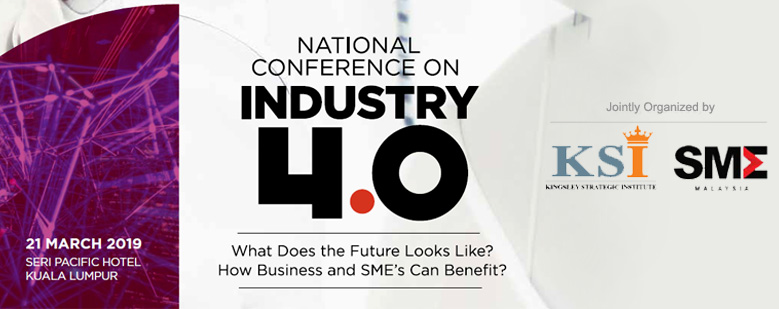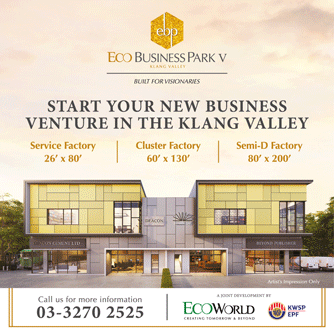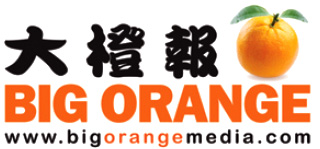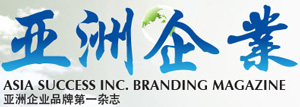AEC 2015 Attracts German Companies To Explore Investment Opportunities
[ 08-04-2015 ]
AEC 2015 Attracts German Companies To Explore Investment Opportunities
KUALA LUMPUR, April 7 (Bernama) -- German companies are counting on the ASEAN Economic Community (AEC) 2015 as a vision of an integrated regional economy as they continue to explore investment opportunities here.
German Ambassador to Malaysia Holger Michael said German companies were showing growing interest in ASEAN in general, and Malaysia in particular since it took over the chairmanship of ASEAN this year.
Within ASEAN, Malaysia is Germany's second biggest trade partner amid a strong bilateral relationship, he told a press conference after attending a dialogue between the Ministry of International Trade and Industry and the Malaysian-German Chamber of Commerce and Industry (MGCC) here Tuesday.
Until December 2014, 387 manufacturing projects worth RM26.8 billion from Germany had been implemented in Malaysia, mainly in the areas of electric and electronics, chemical and chemical products, petroleum products, natural gas and rubber products.
For 2014 alone, International Trade and Industry Minister Datuk Seri Mustapa Mohamed said 13 manufacturing projects worth RM4.42 billion from Germany were approved by the Malaysian Investment Development Authority.
"This year, we believe renewable energy is one of the areas that we can attract German companies to invest," he added.
Meanwhile, MGCC Executive Director Alexander Stedtfeld said investments from German companies would have a positive spillover effect on the local economy and talent pool.
"For cost reasons, German companies will not set up full production facilities here, instead they will link up with local companies or small and medium enterprises to support their businesses.
"The cooperation will usually involve technology and knowledge transfer, and this will help Malaysian companies becoming more competitive in the region," Stedtfeld added.
According to a survey conducted on MGCC members, 97.45 per cent of the respondents rated Malaysia's economy as satisfactory or good and more than half anticipated their businesses would grow in the next 12 months.
-- BERNAMA
German Ambassador to Malaysia Holger Michael said German companies were showing growing interest in ASEAN in general, and Malaysia in particular since it took over the chairmanship of ASEAN this year.
Within ASEAN, Malaysia is Germany's second biggest trade partner amid a strong bilateral relationship, he told a press conference after attending a dialogue between the Ministry of International Trade and Industry and the Malaysian-German Chamber of Commerce and Industry (MGCC) here Tuesday.
Until December 2014, 387 manufacturing projects worth RM26.8 billion from Germany had been implemented in Malaysia, mainly in the areas of electric and electronics, chemical and chemical products, petroleum products, natural gas and rubber products.
For 2014 alone, International Trade and Industry Minister Datuk Seri Mustapa Mohamed said 13 manufacturing projects worth RM4.42 billion from Germany were approved by the Malaysian Investment Development Authority.
"This year, we believe renewable energy is one of the areas that we can attract German companies to invest," he added.
Meanwhile, MGCC Executive Director Alexander Stedtfeld said investments from German companies would have a positive spillover effect on the local economy and talent pool.
"For cost reasons, German companies will not set up full production facilities here, instead they will link up with local companies or small and medium enterprises to support their businesses.
"The cooperation will usually involve technology and knowledge transfer, and this will help Malaysian companies becoming more competitive in the region," Stedtfeld added.
According to a survey conducted on MGCC members, 97.45 per cent of the respondents rated Malaysia's economy as satisfactory or good and more than half anticipated their businesses would grow in the next 12 months.
-- BERNAMA






























